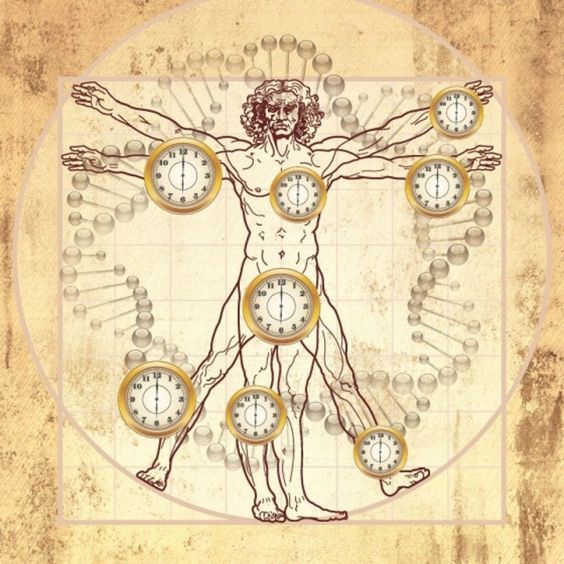What The Aging Clock Really Does To Your Health
Aging is a natural process for every living thing, and many factors such as sun exposure, diet, stress, and disease are responsible for this. While your chronological age reminds you of how old you have become, scientists believe people need to talk more about their biological age.

The effect of the factors listed above on vital organs in your body can be used to get useful information about your overall health performance. So, it makes more sense to use an individual’s biological age to determine their physical health than chronological age.
There is a lot of scientific work ongoing to find an effective way to make this happen. Scientists thought of inventing aging clocks and have since commenced the work. The research work started about 10 years ago and is still a work in progress. Although some successes have been recorded, the journey to getting a perfect aging clock is still long.
Why are aging clocks so important? Well, scientists believe when this eventually becomes a success, the invention can help predict how many healthy years of life an individual has left. Remember, your organs degrade as you age, so being able to determine how much they have degraded will help you know possible ways to manage them and live longer.

So far, many aging clocks have been produced, but only a few seem promising. These aging clocks have been designed to interact with the epigenetic markings in an individual to estimate their biological life. Epigenetic markings are how specific changes in the methyl groups that are present in DNA are expressed. Because these methyl groups change with time, they can be useful in determining how an individual has aged.
While the impact of this invention would be great for our overall well-being, it shouldn’t stop us from steering clear of habits that could make us age faster.
